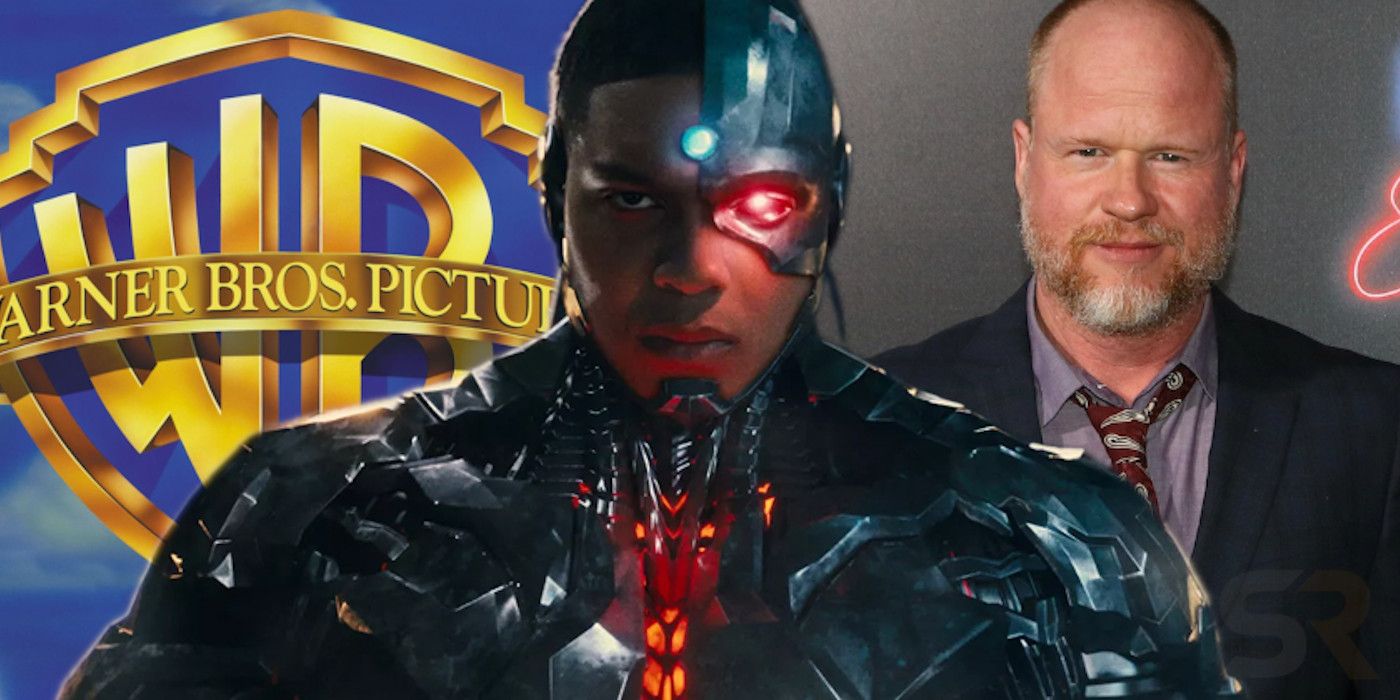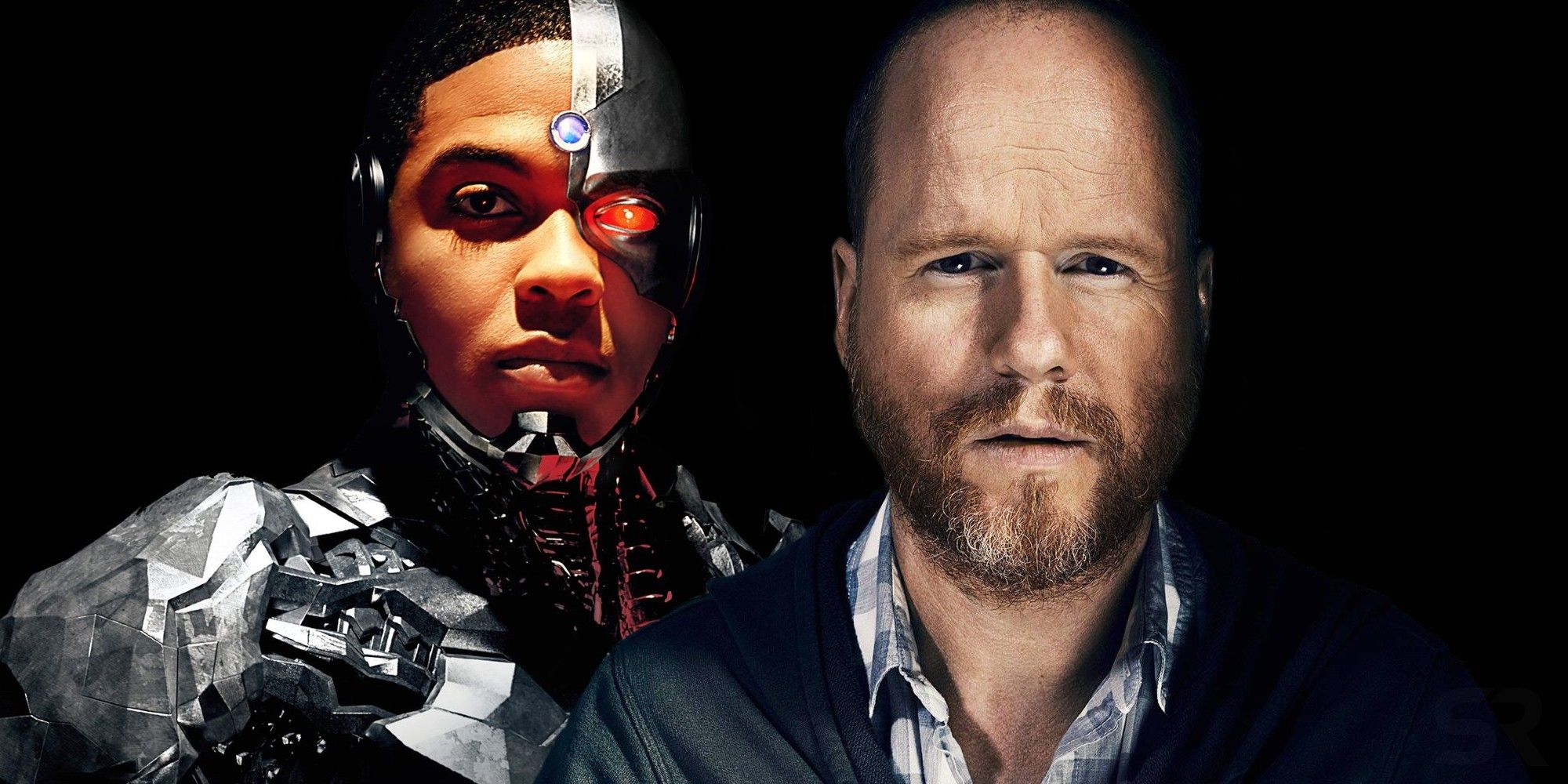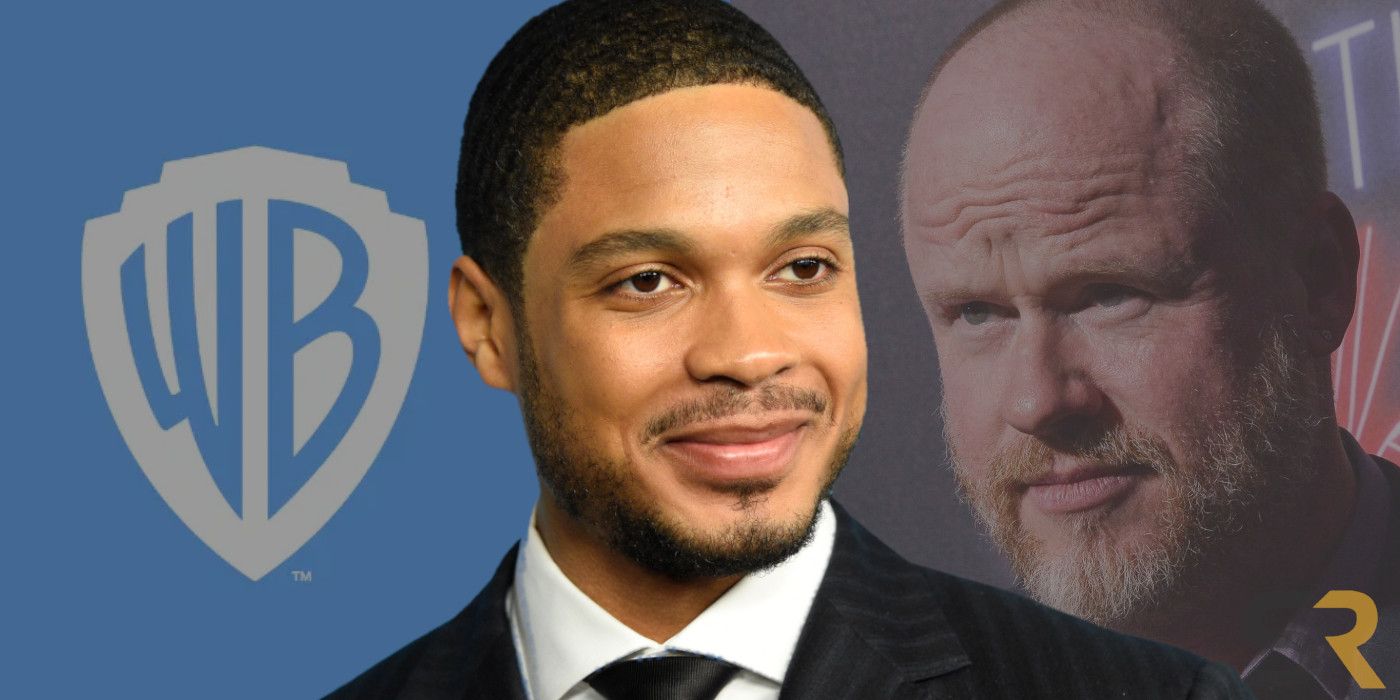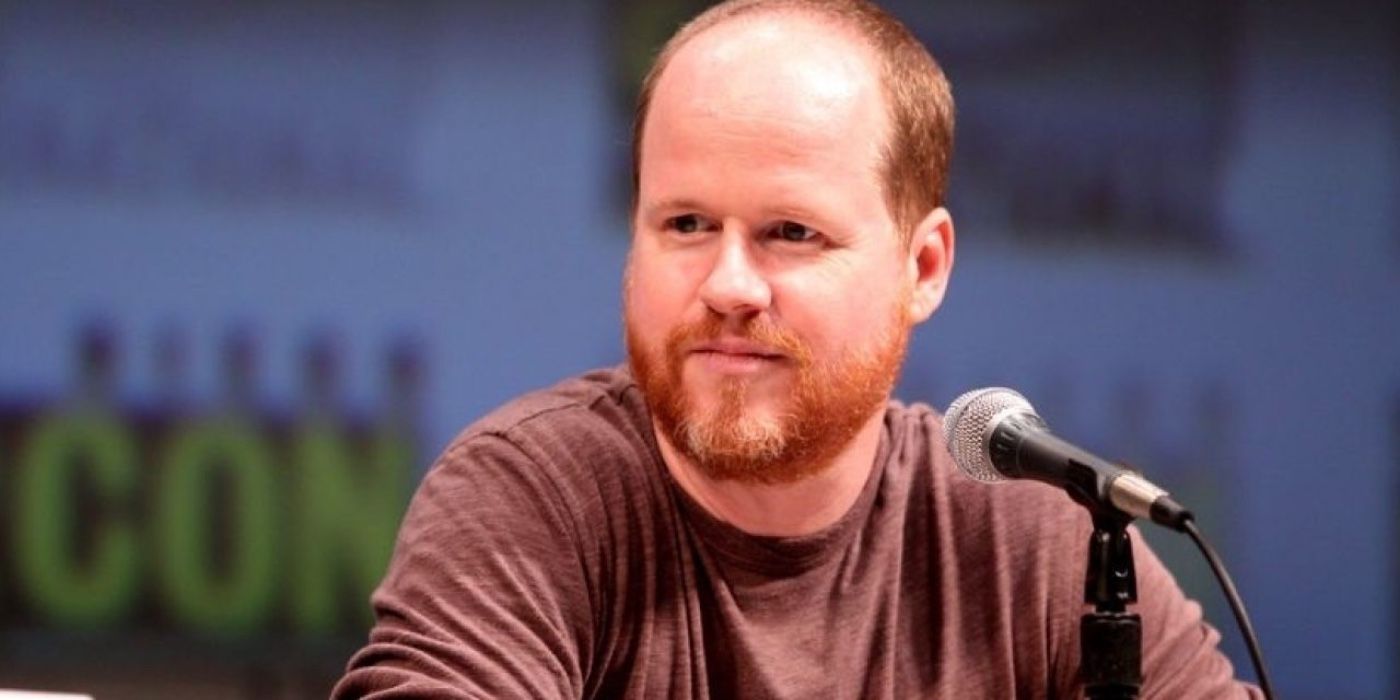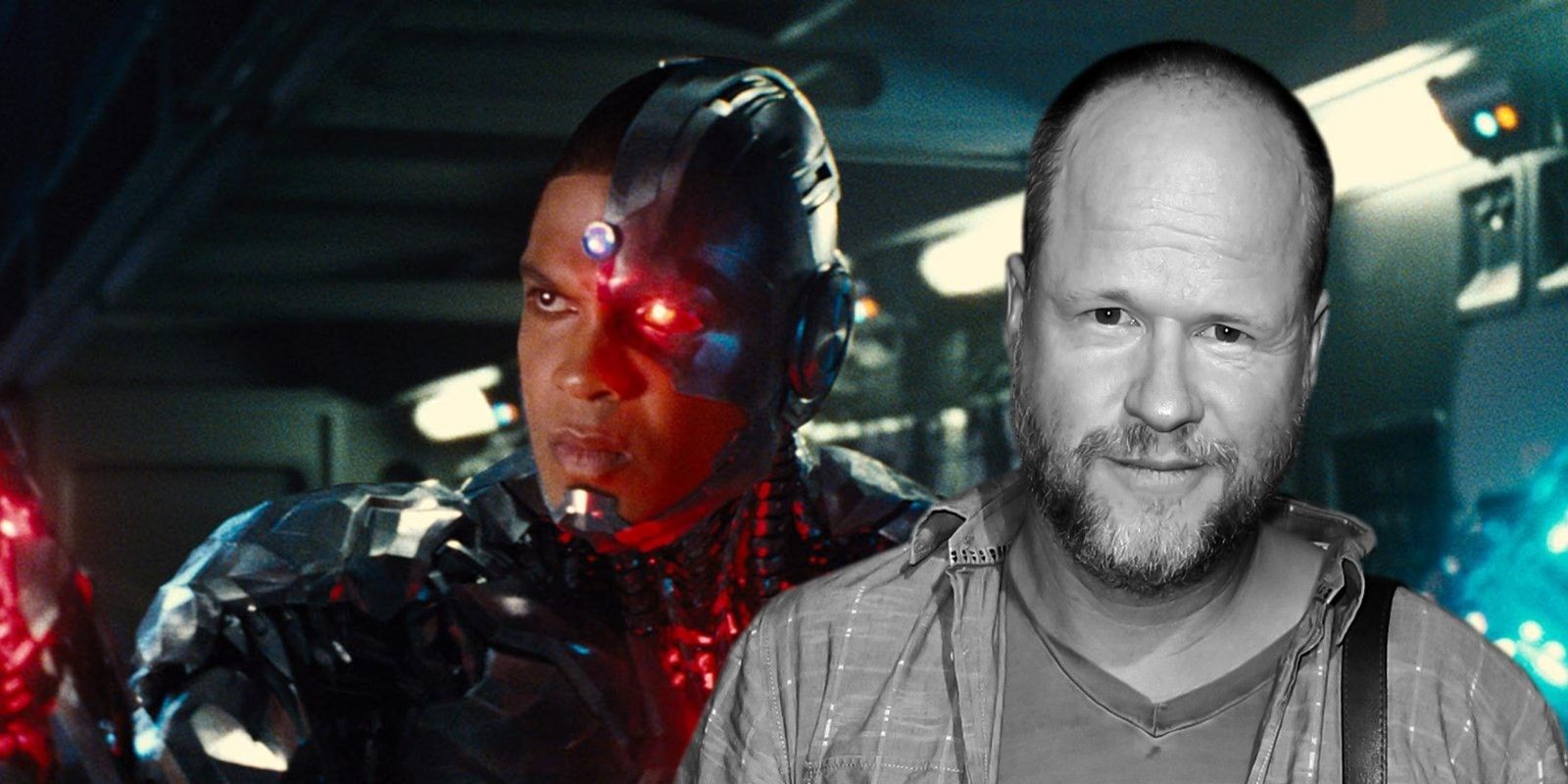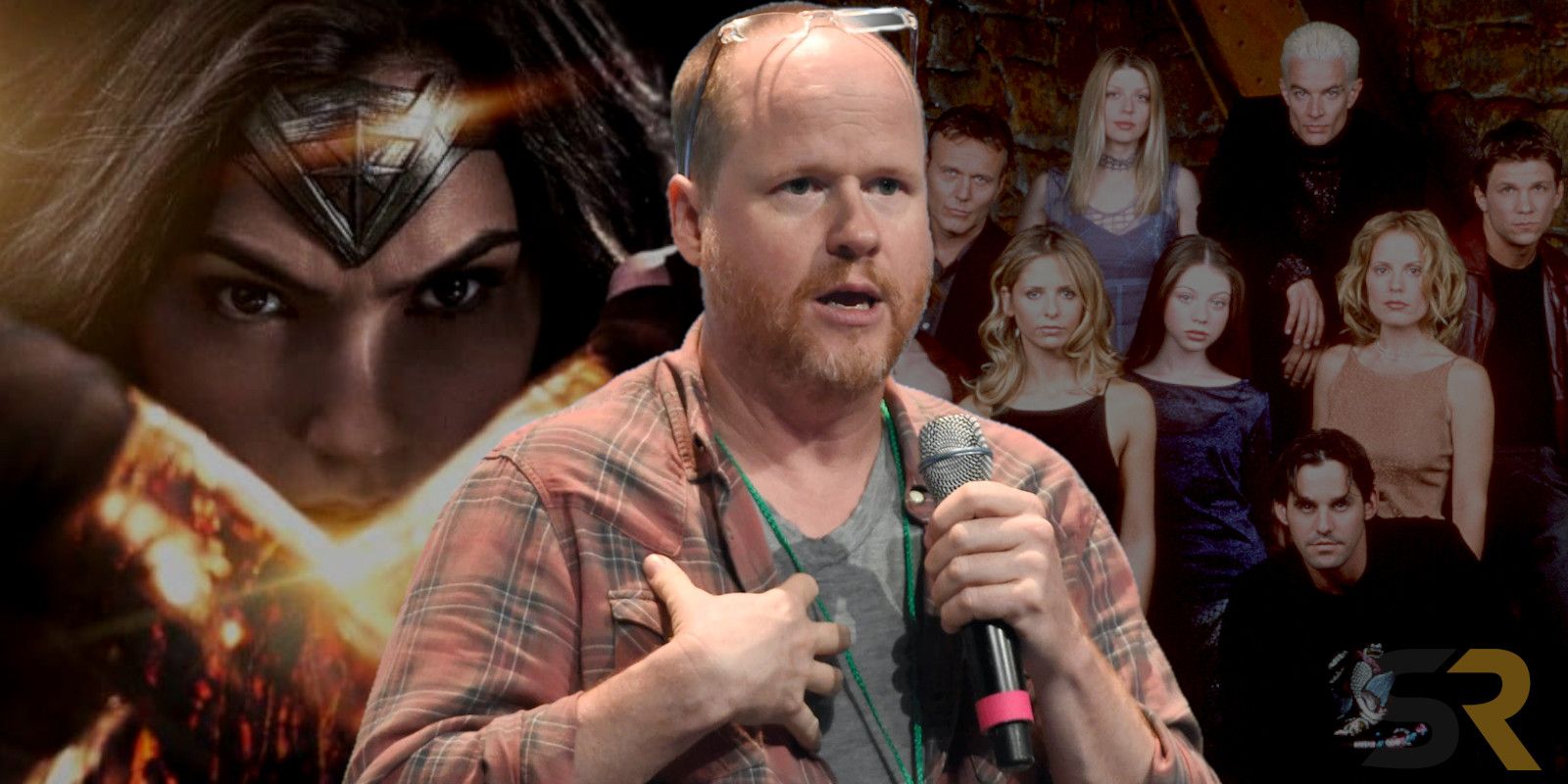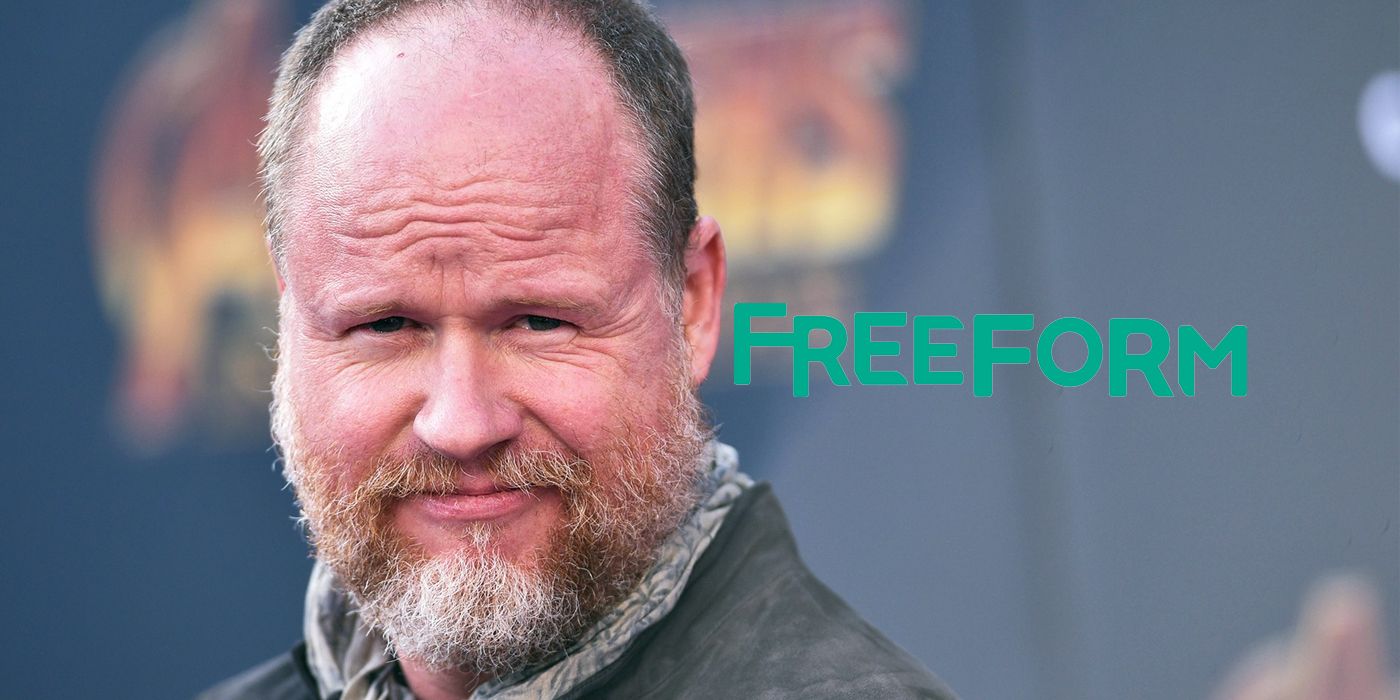While Zack Snyder's Justice League was finally released on HBO Max in March 2021, the behind-the-scenes drama and accusations of abusive behavior by Joss Whedon is still making headlines. Whedon was brought in to replace Zack Snyder as the director of Justice League and conducted months of rewrites, during which time he engaged in toxic, abusive, and racist behavior according to Cyborg actor Ray Fisher, who also blamed WB executives for enabling the environment during production.
Ray Fisher initially accused Joss Whedon, Geoff Johns and Jon Berg of toxicity and abuse of power during Justice League's reshoot process and even after the movie was released, but as Fisher continued to reveal his case against them, the attacks grew to include additional claims of explicit racism from Whedon and multiple WB executives. Initially, the studio issued statements dismissing Fisher's claims, but eventually, an investigation was conducted, ending with Warner Bros. claiming "remedial action" was taken shortly after Whedon had been dismissed from his HBO show, The Nevers.
Whedon maintained radio silence throughout much of this process, although in an interview in 2022 he attempted to tell his side of the story, drawing criticism for what many considered tone-deaf responses that seemingly validated the claims of Fisher and others who have come out against him over the years. Fisher's crusade isn't over yet, but when it comes to Whedon's part of the story, public sentiment seems to be on Fisher's side, and the Buffy the Vampire Slayer director's reputation will likely never recover from the cascading series of accusations against him.
Ray Fisher's Justice League Allegations Explained
Fisher initiated his campaign on June 29th, 2020 when he posted a tweet retracting his previous quotes praising Joss Whedon as Zack Snyder's replacement at Comic-Con in 2017. Fisher has since revealed the comments from the cast during the panel came from talking points provided by Warner Bros. after they also lied to the cast to tell them Snyder was the one who chose Whedon as his replacement. Fisher followed his retraction with another tweet a few days later alleging "Joss Wheadon’s on-set treatment of the cast and crew of Justice League was gross, abusive, unprofessional, and completely unacceptable," also calling out former DC president Geoff Johns and producer Jon Berg for enabling Whedon's behavior.
In the weeks and months following, Fisher has made a number of additional accusations leveled at WB, Whedon, Johns, and more, even adding DC Films president Walter Hamada to the list. While Hamada wasn't even with Warners during Justice League's production, he's become part of the case because Fisher claims Hamada offered to "throw Joss Whedon and Jon Berg under the bus" if he'd relent with his attacks on Geoff Johns, who he'd accused of threatening his career and other abuses of his power to protect his job during AT&T's acquisition of Warner Bros. He later expounded on these points along with additional accusations, including an explosive and controversial interview with Forbes.
Prior to that point, Fisher's allegations didn't include any mention of racist actions or intent from Whedon or anyone at Warner Bros., but in his interview with Forbes, Fisher changed that, alleging Whedon "ordered that the complexion of an actor of color be changed in post-production because he didn’t like the color of their skin tone" and said WB's "erasure of people of color...was neither an accident nor coincidence." Those were understandably complicated claims, and difficult to back up. In order to prove racism in these decisions, Fisher didn't merely have to prove the specific alleged actions actually happened, but he also had to prove that the intent behind the actions was inherently racist. Proving intent can be tricky, although Fisher alleges "blatantly racist conversations were had and entertained—on multiple occasions—by former and current top level executives at Warner Bros. Pictures."
The question of evidence, in general, was one of the biggest points of confusion (and criticisms) surrounding Fisher's crusade at first. He'd given examples of unprofessional or problematic conversations or situations, but his word alone wasn't enough to convince everyone of his claims initially. The important thing to note at the time, though, is why Fisher said he was making these claims in the first place. His stated goal was not to win a battle of public opinion or get people to "cancel" any of the accused parties, but to pressure WarnerMedia into conducting an impartial investigation into their subsidiary, Warner Bros., and take official action against the named individuals, should they be found guilty. Fisher said he had witnesses and other evidence to prove what he's saying to an investigator, and revealing that information outside of an investigation would tip off the defense and potentially undermine his efforts to get WarnerMedia to take disciplinary action.
Joss Whedon and WB's Response and WarnerMedia's Investigation Explained
Joss Whedon remained largely quiet after the release of Justice League, issuing no official responses to anything Justice League-related through the entirety of the fan campaign for the Snyder Cut and also stayed silent on Fisher's initial accusations. Warner Bros., however, issued a statement on September 4th, 2020, characterizing Fisher as being ignorant of typical film production processes and accusing him of being uncooperative with investigators, despite his claims he wanted an impartial investigation to happen. Fisher responded to the statement, calling it a "desperate and scattershot attempt to discredit" him, and provided a copy of an email to his team and SAG-AFTRA expressing concerns over the investigator's agenda. In his Forbes interview, Fisher revealed WarnerMedia had since told him the investigator was fired for lying to them, but the company refused to retract the WB statement discrediting Fisher. WarnerMedia eventually brought in an outside investigator with the qualities Fisher was looking for, as they handled the case of former Warner Bros. chairman and CEO, Kevin Tsujihara, before he left the company due to sexual misconduct.
After Fisher's Forbes interview, Whedon's attorney and publicist issued responses. His attorney's response addressed the claim that Whedon changed a POC actor's complexion, dismissing the accusation due to Fisher's use of the phrase "my becoming informed," saying it implied the information was hearsay, obtained from someone else and that Fisher had no first-hand knowledge of the situation. The statement said color changes in post-production are common practice and executed by a number of individuals, and the fact that Snyder shot on film and Whedon shot on digital complicated the colorization process even more as extra work had to be done to match the two mediums. As for the removal of multiple POC characters, Whedon's representative said those decisions were made prior to Whedon taking over on the film.
The most notable thing about the responses from Whedon's representatives is they only address the issue of racism and completely ignore Fisher's claims of abuse, career threats, and other toxicity from Whedon. As for the sufficiency of the explanations, they don't deny that skin color was changed or POC actors were disproportionately cut, just that those changes weren't Whedon's fault, although Whedon's rewrites earned him a writing credit and he drastically changed Snyder's vision for the film, so it seems odd to claim he was locked into any particular editorial decision that had been made before he came on the project. Also, in the time since that statement, Zack Snyder's Justice League has been released, and it still features all the roles in question. Granted, at four-hours long, it's not the exact same version of the movie Warner Bros. was planning to release in 2017, but Whedon's other creative decisions show there's no reason to believe Whedon was prevented from including those roles in his movie.
After WarnerMedia launched its investigation, 80 people were interviewed and the company says it identified some issues and took "remedial action," although they provided no specificity over what the issues were or what the remedial action was, although shortly before the closure of the investigation was announced, HBO unceremoniously parted ways with Whedon on his original show The Nevers.
Fisher praised the fairness and thoroughness of the investigation's witness interview process and said the next step was to ensure proper action was taken on the findings. It didn't take long for his displeasure in WarnerMedia's next steps to become apparent. While Whedon departed HBO, no other overt action was apparent, and Fisher began accusing DC Films president Walter Hamada for trying to stall the investigation in the months before it happened and criticizing him for not apologizing to the witnesses who participated in the investigation for the experiences they had.
Fisher posted a tweet calling Walter Hamada "the most dangerous kind of enabler" and said he wouldn't participate in any WB production Hamada was involved in. While he was initially set to reprise his role as Cyborg in the upcoming The Flash movie, Warner Bros. removed the role from the script following his ultimatum. WarnerMedia says the investigation found no wrongdoing on Hamada's part, to which Fisher responded "Rather than trying to convince people on what the Justice League investigation DIDN’T find—how about you start telling them what it DID?" Fisher has continued to demand an apology from Hamada, but there have not been any additional statements from the studio.
Ray Fisher's Forbes Interview Alleging Whedon's Racism
Before the WarnerMedia investigation took place, one of the most explosive chapters in the saga was Fisher's interview with Forbes detailing specific attacks against Whedon, followed by statements from Whedon's camp, and a Forbes' editing of the article and apparent firing of the author. The interview initially included Fisher's accusation that Whedon changed the complexion of an actor of color, but after Whedon's attorney provided their response, the quote was removed entirely and the headline was also edited to remove a reference to the erasure of actors of color. No reason was given for these changes other than a note mentioning changes had been made and statements from Whedon and WB had been added.
In addition to the changes to the Forbes article, the author page of the contributor who conducted the interview, Sheraz Farooqi, was changed to specify "former contributor" by Forbes. Given the involvement of Whedon's legal team, this change is certainly concerning, especially given the nature of the interview and the fact that Fisher accused Whedon of threatening the career of someone associated with production (one of the accusations ignored in Whedon's response). Forbes never commented on the writer's departure, but given the circumstances, the timing certainly correlates.
It's especially odd for Forbes to bear the brunt of the criticism when Fisher was the one who made the accusation, and Forbes did its due diligence in providing Whedon an opportunity to comment prior to publication. Obviously the quote is a scathing indictment of Whedon if it's true, but censoring the article after publication isn't the typical approach to these situations, and if the contributor's departure is also a result of Whedon's complaints, that's even more questionable, and again, if Whedon's lawyers are threatening to sue for defamation, the case of libel would rest with Fisher, not Forbes or the contributor who conducted the interview.
In the United States, a journalist typically isn't considered liable for defamation or libel unless something called "actual malice" can be established. To establish actual malice, the accusation wouldn't only need to be proven untrue, but it would also need to be proven Forbes was aware the statement was untrue and published anyway or that Forbes didn't even make an effort to determine if it was true before publishing. According to the original text of the piece, Whedon's representatives were given an opportunity to respond to the claim, but didn't. As such, Forbes did their proper due diligence.
Additionally, if the person being defamed by the quote has other accusations that are at least as severe, or have publicly conducted themselves in a way that harms their reputation to a similar extent as the quote in question, then their chances of winning a libel or defamation suit are pretty low. Assuming this is the reason the writer was let go, it's understandable Forbes would want to play it safe, although given the other accusations against Whedon and his behavior since that interview, the article was far from the least damaging thing Whedon has faced in recent years.
Some argued additional sources of input should have been sought for fact-checking, but the article was simply a straightforward interview with Fisher, not an investigative piece or expose where Forbes was making or supporting any claims of their own. As such, the removal of the quote became even odder as it's not censoring an overzealous or hyperbolic statement by Forbes, but it was actually censoring an accusation of abuse by Fisher, seemingly at the behest of the man he's accusing. In most other modern Hollywood contexts this would result in far more outrage. Regardless, the optics of firing a POC contributor for an interview they conducted where a POC actor accused Whedon of being racist and threatening someone's career were certainly not good. It's the exact same kind of behavior Fisher was accusing Whedon of.
How Ray Fisher's Forbes Interview Shifted The Focus of the Whedon Story
Prior coverage of Fisher's campaign largely focused on directly on Fisher and his claims, but after Fisher's accusations of racism in the Forbes interview, the story started seeing a very different reaction as Fisher was almost been sidelined while follow-up coverage examined how Whedon, Forbes, and others handled the situation. In addition to the odd partial denial/deflection from Whedon and unexplained retraction from Forbes, coverage from other sources also resorted to unconventional behavior, such as Deadline's inclusion of a comment on the Forbes interviewer's previously expressed appreciation for Zack Snyder's films, implying a bias in favor of Snyder tainted the interview, which is an odd swipe to take considering the quote came from Fisher, not Farooqi. Meanwhile, The Hollywood Reporter, Page Six, Vanity Fair, and others found Forbes' removal of the quote particularly interesting, making it a focal point in their own coverage, also including the text of the original quote, despite Forbes' retraction.
After the drama surrounding Fisher's claims of racism, sentiment began to shift on Fisher's campaign and more people came out to support him with claims of their own against Whedon. The story over whether or not Fisher's accusations were well-founded or if Forbes should have even published it got lost in the background of a much larger shift in public sentiment against Whedon. This may have been a major catalyst in getting WarnerMedia to meet Fisher's terms for an impartial investigator, but outside of the Justice League situation, it was the beginning of the end of the end of Whedon's progressive feminist facade.
Joss Whedon Denied Wrongdoing In An Infamous 2022 Interview
The tide had shifted against Whedon, but the real final blow came in a January 2022 interview with Whedon where he tried to sweep the many accusations against him under the rug. Instead of improving his image, he proved to be tone-deaf, generally lacking in self-awareness, and provided a number of quotes that made him out to be even more problematic than even some of his defenders previously believed.
In the interview, Whedon said he was "powerless to resist" having numerous affairs with younger women who worked for him on Buffy the Vampire Slayer because he feared he'd "regret it if he didn't have sex with them," and failed to apologize for the inappropriate power dynamic, only saying he lived in fear of his affairs being found out. Additional accusations were provided by the cast and crew of Buffy and Firefly, growing the list of complaints to one he couldn't simply shrug off, even though that's exactly what he attempted to do.
When it comes to the Justice League situation, Whedon said he believed Fisher's complaints were motivated by a "malevolent force" referring to a conspiracy theory that Zack Snyder was secretly manipulating the Cyborg actor to defame Whedon. He also called Fisher a "bad actor in both senses” and that Cyborg's role was drastically cut and rewritten because it didn't make any sense (despite Cyborg's story and Fisher's performance being one of the most highly praised aspects of Zack Snyder's Justice League) and said claims that he had threatened Gal Gadot's career were due to a misunderstanding caused by the fact that he speaks in a "flowery" way and English isn't her first language.
The interview doesn't simply fail to rehabilitate Whedon's image in any way, but his own words put an end to many of the debates over his treatment of people on his film sets, leaving little question of the validity of any of Fisher's claims.
What Happened To Joss Whedon Following Abuse Allegations?
Whedon's reputation was already pretty tarnished thanks to the poor reception of Justice League, claims made against him by his ex-wife, Kai Cole, and a the reveal of a problematic Wonder Woman script he'd written long before Patty Jenkins and Gal Gadot's movie entered production, so his schedule wasn't exactly full when Ray Fisher began his campaign. Whedon had once been attached to a Batgirl movie for WB, but he departed that project in February 2018.
The only new project Whedon was attached to was an HBO original series developed by him, The Nevers, on which he served as showrunner and also had writing and directing credits for a few episodes. Just a few months before The Nevers' premiere, Whedon issued a statement saying he was stepping down from production due to burnout, however, just a few hours later, HBO gave a statement of their own clarifying "We have parted ways with Joss Whedon," painting Whedon's initial statement as an attempt to get ahead of the narrative. While The Nevers was Whedon's original concept and he was still credited on the episodes, his name was absent from marketing and his association with the series, which was also met with poor reviews.
Whedon's schedule is currently empty and is likely to stay that way, although with a prolific career as a ghostwriter prior to his rise to fame, so it's entirely possible he'll go back to work of that nature for a while, but at this point, his brand is too tarnished and his name too publicly embarrassed for him to mount a comeback in the near future, if ever.
Fisher's crusade is far from over, as he said he'll keep on the pressure as long as he has to, and he's continuing to pursue an apology from Walter Hamada, but it seems like the Whedon chapter of the story can be firmly closed up. Whether or not Fisher is able to get additional action from WarnerMedia, the apology he demands from Walter Hamada, or if he'll ever play Cyborg again remains up in the air, but if the Ray Fisher vs Joss Whedon saga says anything, it says the story's not quite over yet.

